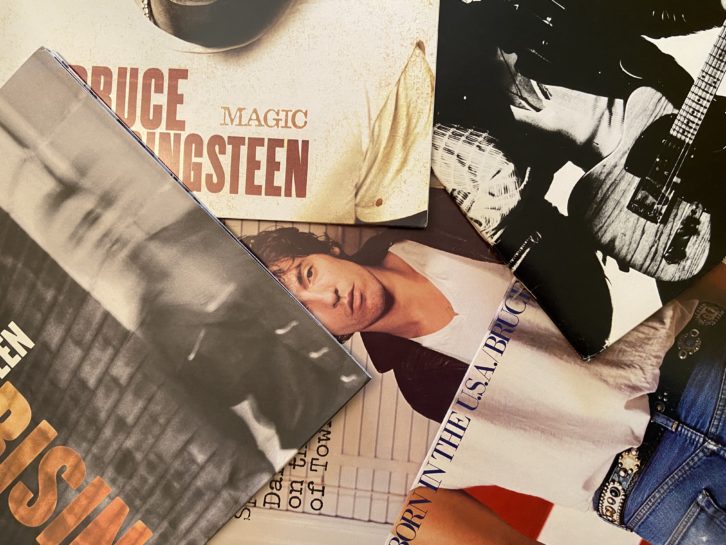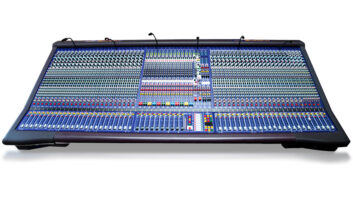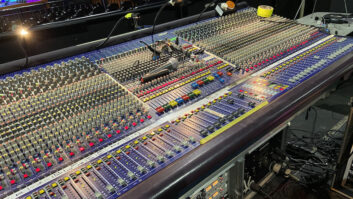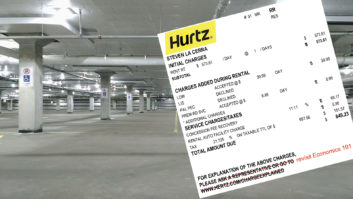 You can add John Legend to the growing list of recording artists who have sold the rights to their recordings and/or music publishing. The Wall Street Journal reported that BMG and global investment firm KKR purchased Legend’s copyrights and royalty rights to all of the music he wrote during the period from December 1, 2004, through January 1, 2021.
You can add John Legend to the growing list of recording artists who have sold the rights to their recordings and/or music publishing. The Wall Street Journal reported that BMG and global investment firm KKR purchased Legend’s copyrights and royalty rights to all of the music he wrote during the period from December 1, 2004, through January 1, 2021.
Financial details have not been disclosed, but given the flurry of such deals we’ve seen over the past two years, it has to be well into nine figures. The Legend deal is the latest in a series of huge artist buyouts that rose to worldwide attention in December 2020 when Universal Music purchased Bob Dylan’s entire songwriting catalog for an amount estimated to be well more than $300 million.
A list of artists or their estates who negotiated similar types of deals reads like a who’s who in the music business: Paul Simon, Bruce Springsteen, David Bowie, ZZ Top, Aerosmith, Madonna, Mick Fleetwood, Christine McVie, Mötley Crüe, Rick James, Rick Neilsen (Cheap Trick), Devo, Chris Isaak (which helps explains some of the stomach-turning uses of his music in recent TV ads), Prince, Bruno Mars, Tina Turner…The numbers are staggering: most sold their wares for eight figures, and more than a few, for nine. That’s a lot of scratch.
Unlike many of these artists—whose heyday is long gone—Legend is still a viable force in music. He’s only 43 years old, is still writing, recording and performing, and will undoubtedly create a new, lucrative catalog. God bless him.
On the plus side for BMG and KKR is the fact that because Legend continues to work at his craft, his future recordings and tours will likely generate interest in the back catalog, which they now own.
It begs the question: Why would anyone sell the rights to their songs? One reason might be the Songwriters Capital Gains Tax Equity Act enacted in 2006, which changed the tax code for songwriters. Prior to this act, when songwriters sold their catalog, they were responsible for paying income and self-employment taxes that would amount to roughly 37 percent of their income from the sale.
Mix Live Blog: What’s on Your List?
Mix Live Blog: Deja Vu All Over Again
Under the Songwriters Capital Gains Tax Equity Act, their creations are defined as capital assets and subject to the prevailing capital gains tax rate—which is currently 20 percent for someone earning more than roughly a half-million dollars annually (depending upon marital status).
Before an artist dreams about riding off into the sunset with a suitcase of cash in one hand and a margarita in the other, they have to consider the fact that this loophole may soon close: there’s talk that the Biden administration may change the capital gains tax to bring it more in line with income tax for the sale of any asset exceeding $1 million. The numbers we’re seeing for sale of these catalogs are well above $1 million, thus the “frenzy” of artists selling their music assets in an effort to beat The Taxman.
Converting a catalog of music into cash simplifies estate planning for an artist and may also fill a void created by lack of touring due to the pandemic. Touring acts have been hit hard, and some artists simply don’t have the cash flow they’ve become accustomed to when performing 100-plus dates a year.
On the opposite side of the roulette wheel are the investment firms—BMG, KKR, Universal Music, Warner Music, Sony Music Publishing, Hipgnosis, etc.—who are banking on the fact that they’ll get some serious mileage out of these catalogs, and they surely will. There’s a reason that Sir Paul diligently pursued regaining control over (many) Beatles songs. These catalogs generate serious cash, and the companies buying them have also noticed that the value of music tends to be stable, even when the market is not.
At least it has been in the past. I can’t help but wonder if some artists are seeing the writing on the wall: shrinking royalty checks, resistance to paying royalties on the part of streaming services, and the blatant unwillingness of some companies (Peloton, for example) to pay for the music it uses. The idea of walking away with a check for $200 million is quite attractive when you weigh it against the headache of administering a song catalog, combined with the uncertainty of how much the public will continue to value the creation of music.
One thing is certain: the companies buying these catalogs will find ways to monetize the assets. It won’t be long before you see a real estate commercial using Mötley Crüe’s “Home Sweet Home.” Good grief.







